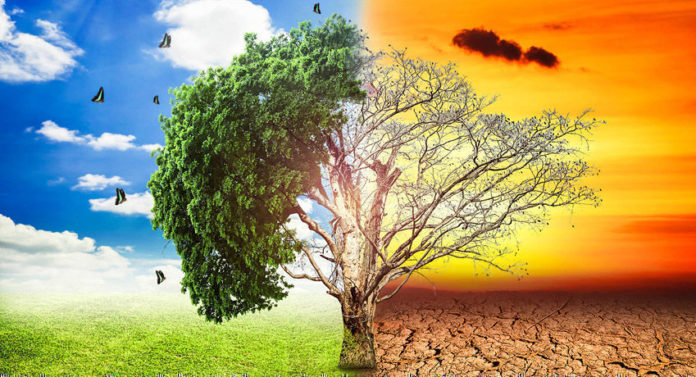 Climate in Cuba is turning from humid tropical to sub-humid tropical as a consequence of reinforced green house effect, said Adianez Taboada, deputy minister for Science, Technology and the Environment.
Climate in Cuba is turning from humid tropical to sub-humid tropical as a consequence of reinforced green house effect, said Adianez Taboada, deputy minister for Science, Technology and the Environment.
Addressing the Cuban Parliament’s Education, Culture, Science, Technology and Environment Commission as part of debates prior to the National Assembly First Session, the government official said that such severe conditions will lead to a increase in the average annual temperature, including February which has been considered the coldest month here.
Less rainfall is expected as precipitations are likely to take place in less than a 100-day annual term, said Taboada, who added that the event will affect agriculture by impacting food production and human health with the worsening of kidney diseases, heart and respiratory conditions, acute diarrhea and new epidemics.
As to the national climate change program known as “Life Task or Tarea Vida,” the official mentioned results in the recovery of mangroves, major natural barrier against storms and other natural phenomena and providers of habitat to varied marine species.
Some of the over 500 beaches on the Cuban archipelago, are reported as eroded, intensely eroded or moderately eroded, though some improvements have also been observed along the shores.
The deputy minister criticized the inefficient implementation of projects with Task Life after research outcomes were not appropriately implemented or backed by all social actors.
Predictions for the year 2050 talk of the disappearance of coastal human settlements due to the increasing sea level, while some 136 some settlements will no longer exist by the year 2100, Taboada said and added that the rainfall regime will change, a large portion of the earth service will be lost while terrestrial aquifers will suffer increased salinization due to constant floods.
The Cuban government oficial stressed the need to reinforce the education of the people about these realities, the participation and empowerment of citizens to raise awearness about the ever increasing and systematic environmental damage.
If we do not consider the climate scenarios in which we live, we won’t be able to reach the sustainable development we wish to achieve, the deputy minister concluded. / ACN.



- You should not use obscene or offensive words.
- Comments should be related to the topic.
- Comments that violate previous policies will not be posted.